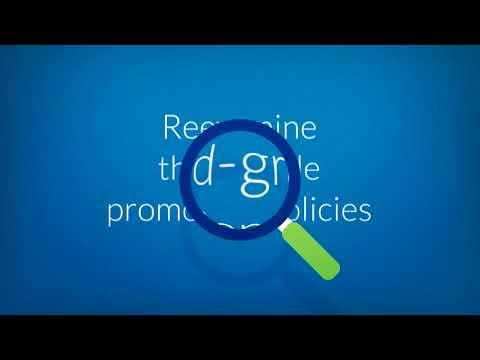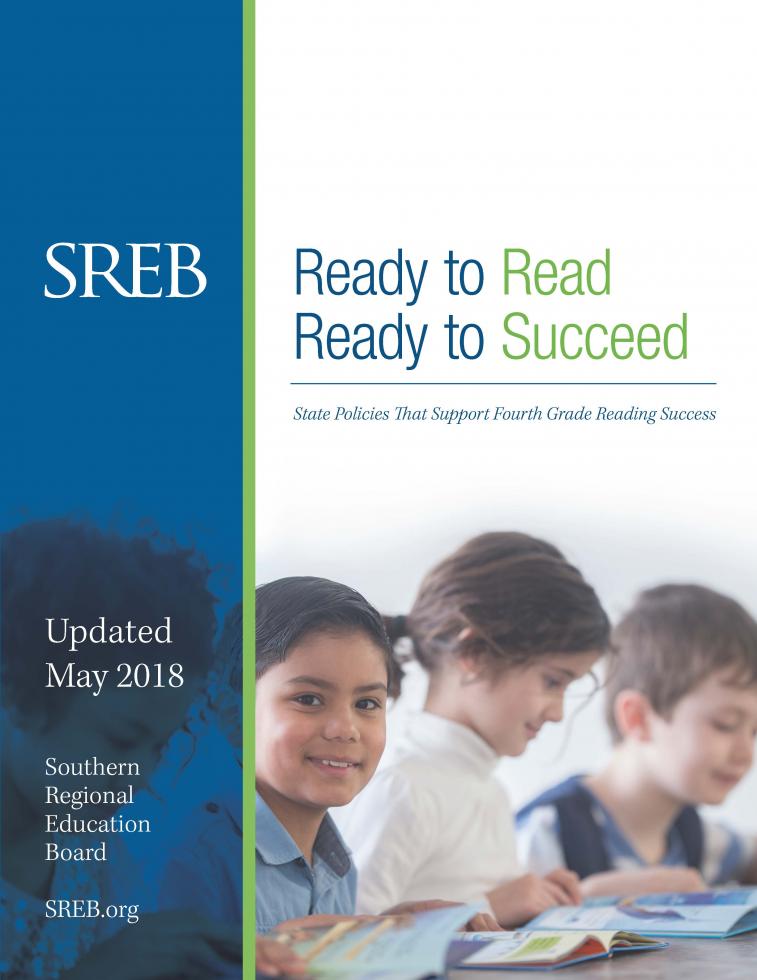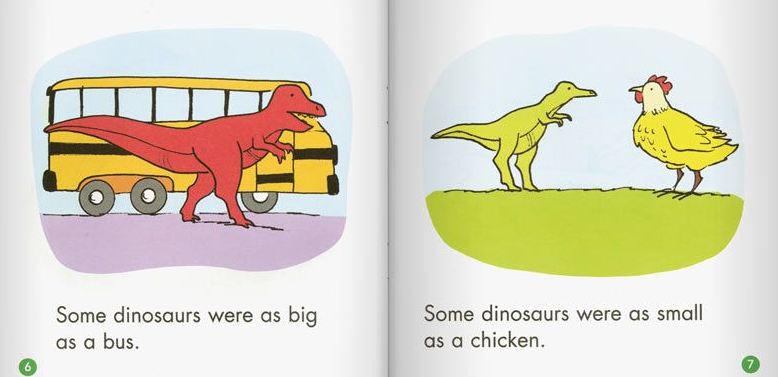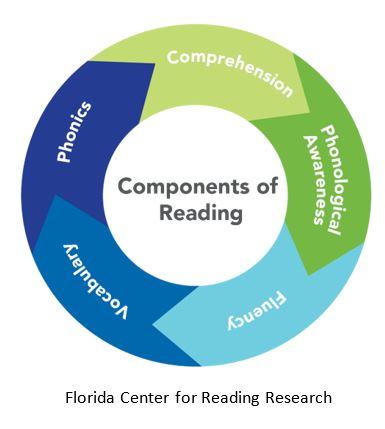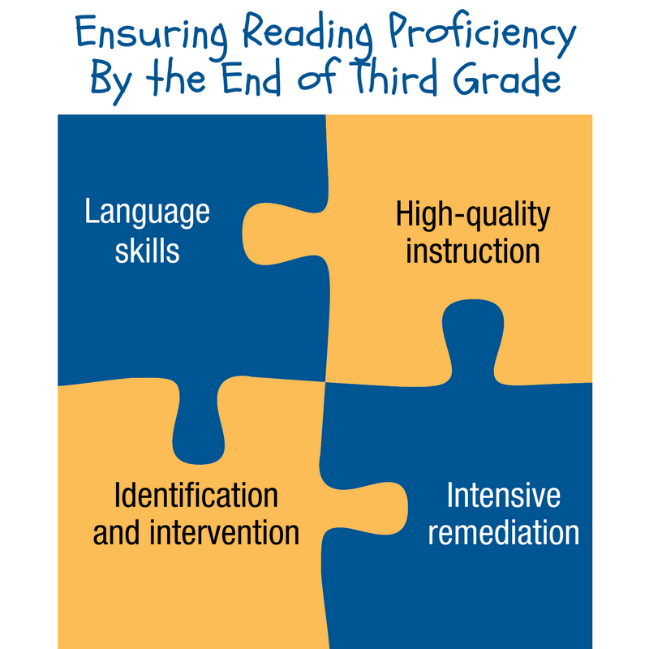Ready to Read, Ready to Succeed
Ready to Read, Ready to Succeed
State Policies that Support Fourth-Grade Reading Success
States continue to make changes to educator preparation policies and exam requirements for reading. To help legislators who may use this report as a reference, SREB updated Table 2 on page 17 to reflect current state policies as of May 2019.
Repeating a Grade: How Well Does It Work?
Research Snapshot
This research snapshot 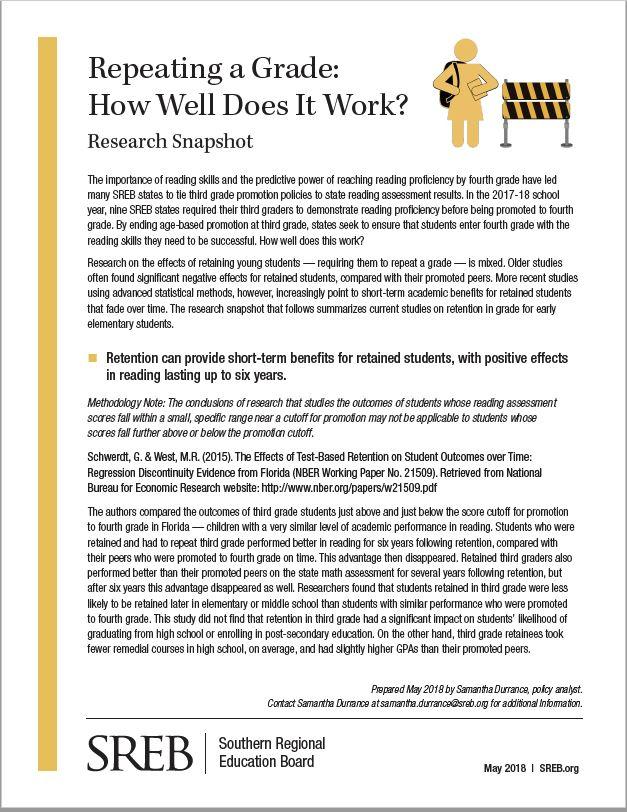 on retention policies examines what we know about retaining young students, from research on outcomes to how much states spend on additional years of schooling. The brief lists intervention policies in the nine SREB states that require third graders to show reading proficiency to be promoted to fourth grade.
on retention policies examines what we know about retaining young students, from research on outcomes to how much states spend on additional years of schooling. The brief lists intervention policies in the nine SREB states that require third graders to show reading proficiency to be promoted to fourth grade.
Teacher Training Resources
Resources for evidence-based reading instruction and intervention for struggling readers and students with dyslexia
All students ─ but especially struggling readers and students with dyslexia ─ benefit from structured literacy instruction that explicitly teaches language skills and the essential components of reading. It is also important that all teachers be able to recognize characteristics of dyslexia and know strategies that will help their students.
Diverse needs create a challenge for kindergarten teachers
How can states help their kindergarten teachers meet students where they are and boost learning for all?
Kindergarten is an important transition to the early grades. In fact, more and more teachers say kindergarten is the new first grade. Recent research by Bassok, Latham and Rorem backs this up. In 2016, these researchers examined differences in kindergarten expectations and teaching practices between 1998 and 2010.
Are teachers prepared to teach reading?
Research shows a gap between what we know about reading and how teachers are prepared to teach it
Reading is the foundation for learning.
The research is clear: Students who are not reading proficiently by the end of third grade are much more likely to face poor academic outcomes. For this reason alone, we know it is incredibly important that children learn to read well early in elementary school and continue to build on those reading skills throughout the rest of school.
Reading in the Early Grades
How can we ensure reading proficiency by the end of third grade?
It’s no secret that reading skills are essential for success, both as a student and later in life. And educators know that reading proficiently by the end of third grade is crucial to students’ continued development. Up until third grade students learn to read; after that, they read to learn. It is paramount that students read proficiently by the end of third grade so they are prepared for later learning.
Resources
Studies and recommendations on reading in the early grades
NAEP
Explore the 2019 National Assessment of Educational Progress results for fourth grade reading.


